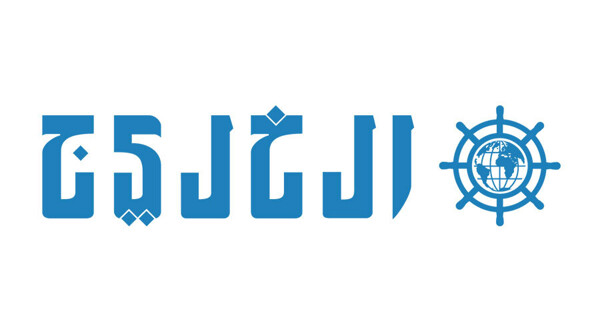
Unfortunately, once again, the United States, and particularly its workforce, are not ready for the challenges ahead. The good news is that there is still time to prepare. The aging population, artificial intelligence, and the new globalization are aspects that can improve if managed properly.
In recent decades, countries like Japan, Germany, and South Korea have aged much faster than the United States, but they have managed to maintain economic growth thanks to the implementation of new machinery, such as industrial robots, and other automated technologies to cover the tasks previously performed by younger workers.
Facing aging and the challenges of artificial intelligence involves investing in workforce training, providing opportunities for them to take on new tasks and jobs. Artificial intelligence can be an ally in this process if used appropriately.
A broad national strategy is needed so that artificial intelligence not only automates work but also creates new job opportunities and skills. These issues, despite their importance, are not being addressed with the attention they deserve.
Workforce preparation is key to facing these changes. The combination of an aging society and the challenges of artificial intelligence will require more trained, adaptive, and skilled workers. If action is not taken with determination, the future of work could be compromised.
The impact of artificial intelligence on the economy and workers will be significant, but considerable work is still needed for this technology to reach its full potential. Collaboration between technology and workers is essential to achieve greater productivity and new job opportunities.
In summary, the United States faces great challenges related to the aging population, artificial intelligence, and the reconfiguration of the global economy. Workforce preparation, investment in training, and the proper implementation of emerging technologies will be crucial to address these changes and ensure a prosperous future for the country.















